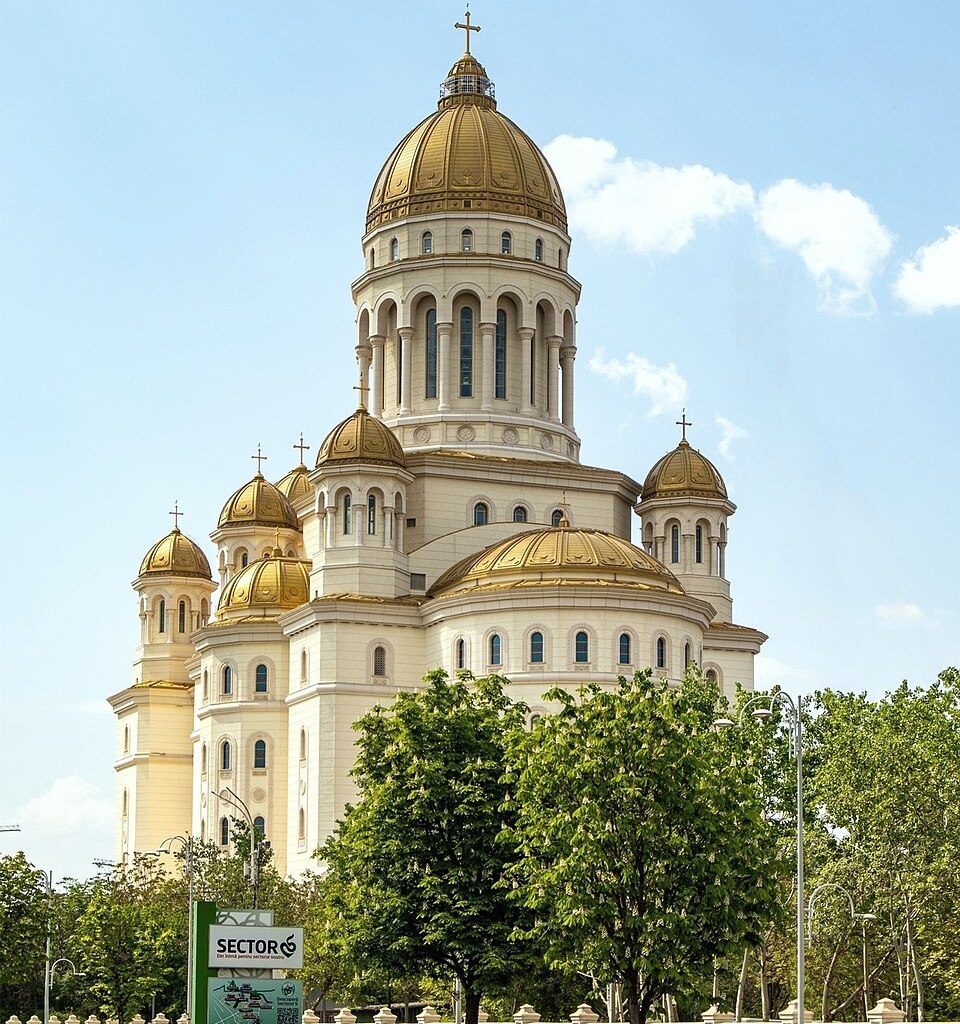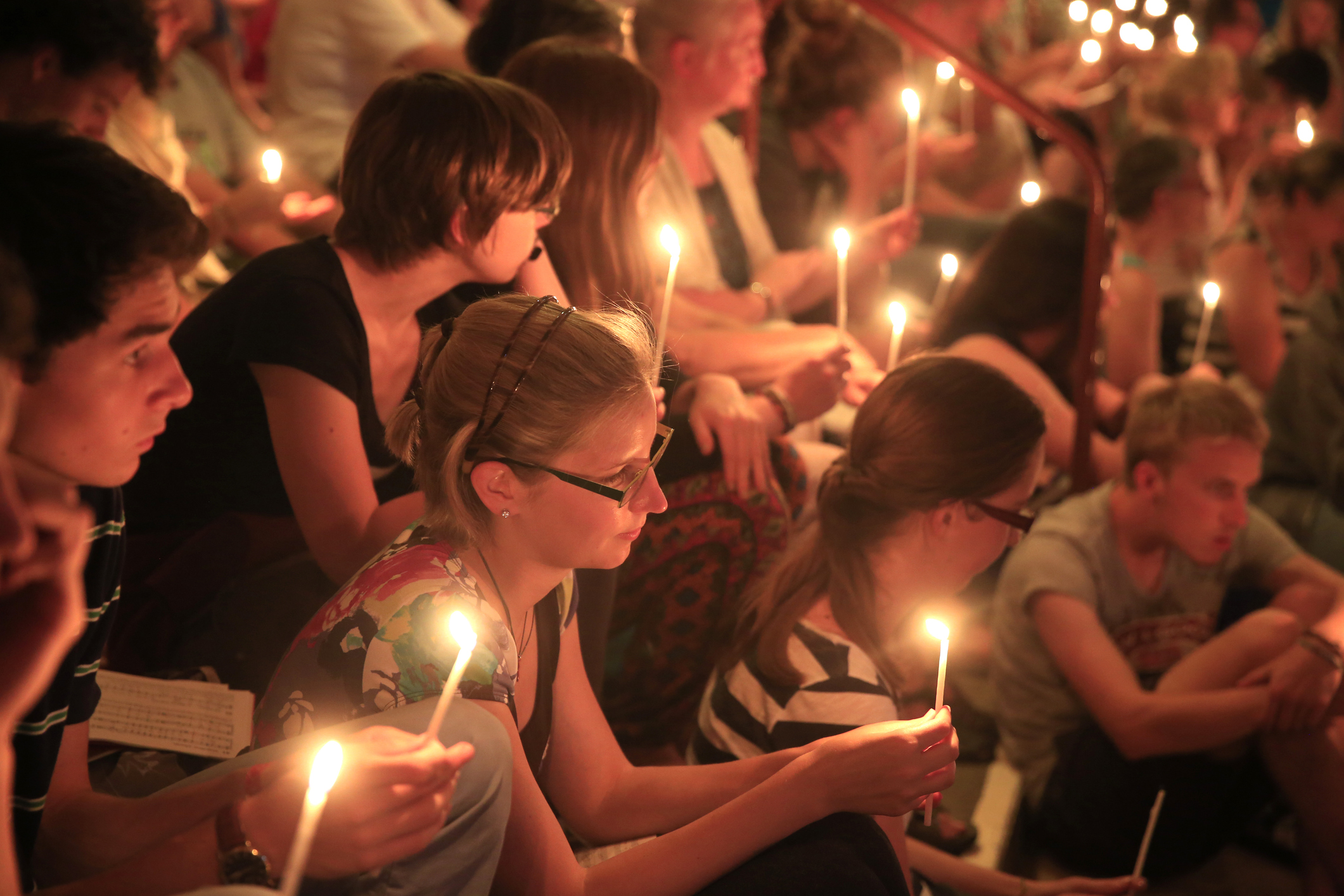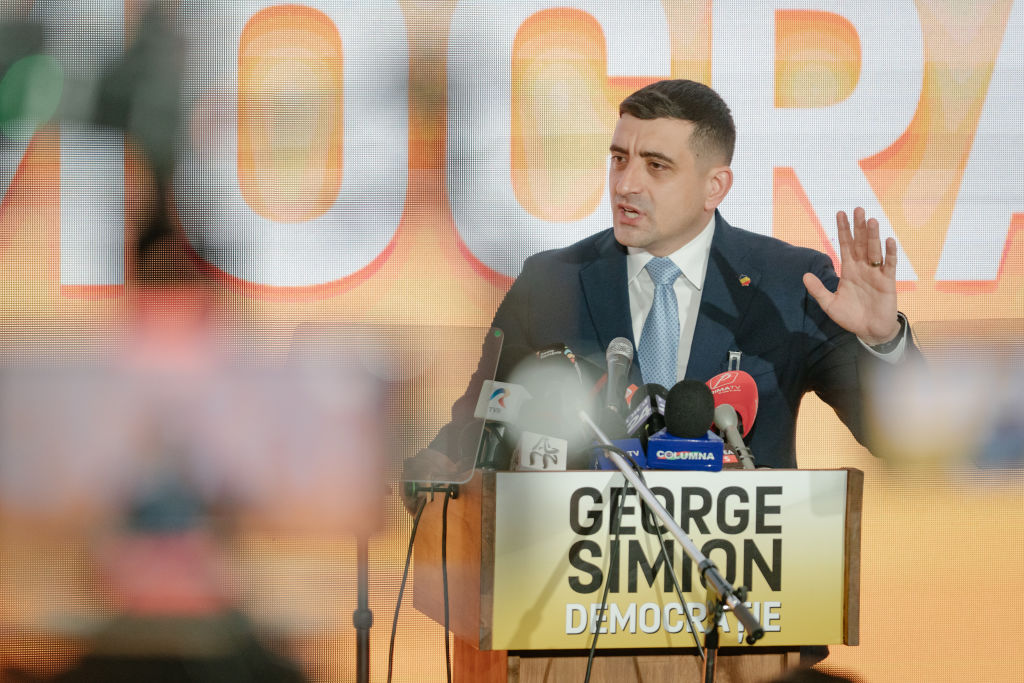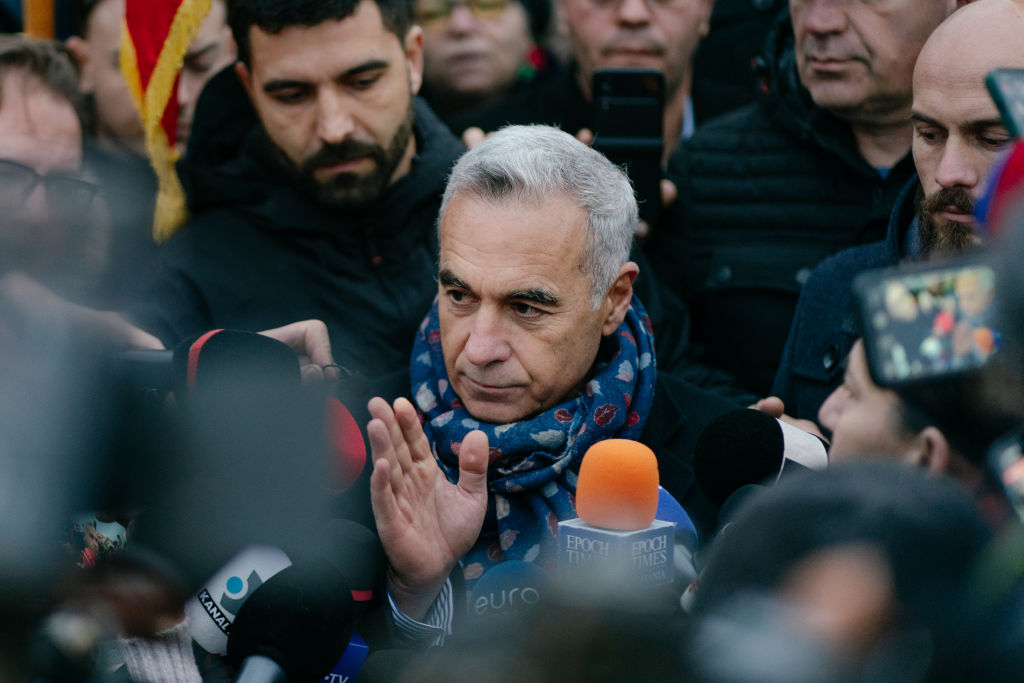Few other months in the modern history of Europe can possibly have an equal or better claim of being as profoundly symbolic of its present – and perhaps future – than the one that is about to close. At the beginning of October, in England, Sarah Mullally, a former NHS nurse, was chosen as the first-ever female Archbishop of Canterbury, the spiritual leader of the Anglican Church. In the last week of October, at the opposite end of Europe, Romania opened the world’s largest Orthodox Cathedral and dedicated it to the “Salvation of the People”. Rarely do the times we live in afford us so much clarity about ourselves and our choices.
The contrast between these two events could not be starker. It captures the fundamental contradiction at the heart of postmodern “Western civilisation” and the two great tendencies whose opposition to each other is setting the terms for our great societal quarrels. It took Edward Gibbon six volumes to explain the decline and fall of the Roman Empire. That of our world can be summarised more easily as the advance of Progressivism, with its cultural Marxist vanguard and revolutionary ethos of unreason, against the rearguard action of Conservatism in defence of what is normal and what works. And sometimes, like in Romania, the defenders strike back. The battle is not yet lost, but in the waging of it the entire West is weakened.
This, of course, is not about the specifics of any particular Christian denomination, or even religion per se. In the end, it is about politics. The great assault on Christianity, of which the Mullally appointment is only the most recent episode – and which has been ongoing in increasingly vicious forms since the Enlightenment – is still the fundamental factor shaping our politics and culture, which drive everything else. As Tom Holland argued in his book, Dominion, Western civilisation – including what we take to be modern secular values such as human rights, equality or secularism itself – is ultimately a product of Christian theology.
However secularised, Western societies remain fundamentally, culturally, Christian; they cannot be otherwise. Like it or not, the “Western civilisation” that sprang from the fount of ancient Greece and Rome – to include the beginnings of Christianity – is still best and most correctly understood as “Christendom”. In this sense, the very use of the geographically-reductionist term “Western”, though a handy shortcut, misappropriates what is in truth a shared cultural heritage. Christendom straddles – and has done from the start – both the East and the West of the wider European cultural space.
Therefore, the idea of defining “the West” as a civilisational proposition in terms of specifically West European and American-style liberal democracy – i.e. on purely secular grounds, as a mere package of “values” to be subscribed to in law – is a very modern and artificial one. Exceptions like Japan or South Korea, never colonised but nonetheless Westernised, merely confirm the rule. The affairs of the West, therefore, are in fact the affairs of Christendom whether we recognise it as such or not.
It was Communism that truly fractured this European civilisational construct, not the 1054 Schism, let alone the Reformation. Only in the Cold War did “liberal democracy” become the dividing line splitting Christendom along the Iron Curtain and shaping a distinct notion of the West (as we understand it today) and the East. It was totally artificial; this is why after 1989 the chief aspiration of former Eastern Bloc countries (like Romania) was to re-join what came to be known as the West. They never imagined themselves as distinct but merely as separated, by Stalin, from the rest. So this was simply a natural instinct to reconstitute the geopolitical and “geocultural” unity, if not coherence, of Christendom.
Unfortunately, the deep transformations that took place on the two sides of the Iron Curtain during the Cold War are not easily reconciled now that the process of re-connecting under the umbrella of the EU is underway. In that interval, the Progressive rot set deep into Western Europe; the couple of decades after the fall of the Berlin Wall only accelerated the descent towards the moral and societal abyss we now face. Behind the Iron Curtain, Communist Eastern Europe avoided that fate and retained its conservative outlook, albeit at the heavy price of tyranny and near-destitution.
The process of European “integration” is all about the West trying to absorb the ex-Communist Eastern side of Europe, on its own Western terms. Formally, this has already been achieved inside the EU. But in practice, so-called “New Europe” remains a bastion of political, religious and cultural resistance – the last one – against the havoc wreaked by Marxist and Marxist-derivative thinking on the very foundations of Christendom. The politics of countries like Poland, the Czech Republic, Hungary or Slovakia, where national conservatives are either in power or in strong positions, are a testament to this. So is the politics of Romania itself, where the victory of Calin Georgescu – a deeply religious nationalist conservative candidate – in the December 2024 presidential elections could only be prevented by annulling the entire vote and barring him from running again.
So, it is in the East of Europe where hope lies for something that can be more than mere resistance but rather a restoration – indeed, the salvation – of the West itself. We shouldn’t be surprised at such a development. It has happened before when after the 5th century it was Byzantium that kept the Roman tradition alive and, in due course, provided the cultural sparks needed to ignite the Renaissance.
Despite its own many problems, New Europe alone has the resources of faith, of anti-communist conviction, and of deep popular and cultural conservatism required to impart a new direction to European political and social affairs. The message of this vast new Cathedral, built by the highly conservative Romanian Orthodox Church in the teeth of the greatest opposition from the country’s own crop of “EU-values” liberal and Progressive agitators, is that the fight for Europe’s soul is not nearly over despite the daily reasons for despair we see in the news every day. A great victory has been delivered for Christendom from the unlikeliest of places. What else is possible with a bit more support to national conservative forces across the region?






Romania has just faced its Communist past, and the past won